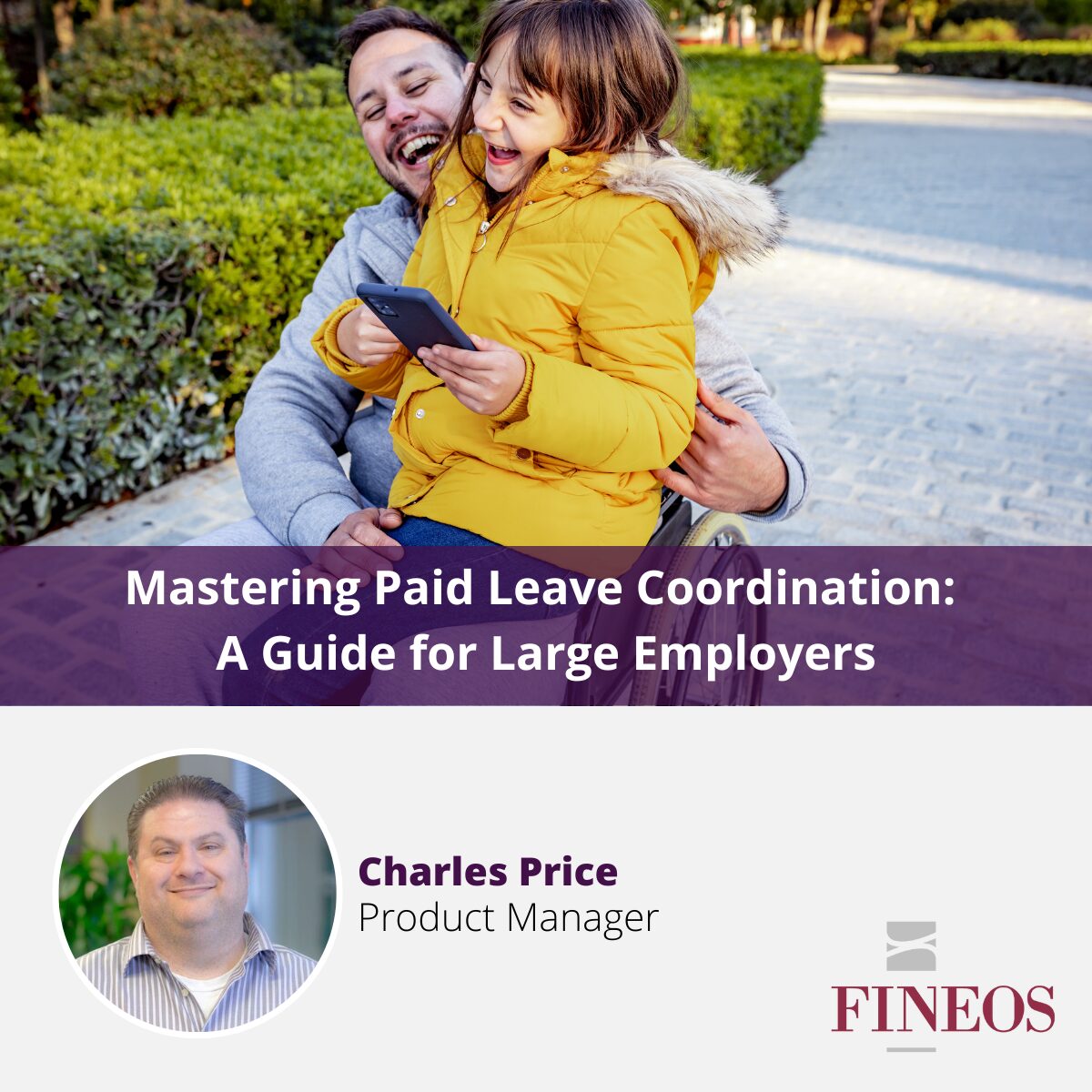When new leave legislation goes into effect, insurance carriers need agile absence management solutions to adapt quickly. In this blog, you’ll learn key details on the recently passed Illinois Paid Leave for All Workers Act.
Illinois joined Nevada and Maine in mandating that employers provide their employees with paid leave for any purpose when Gov. JB Pritzker signed Senate Bill No. 208 on March 13. The law goes into effect January 1, 2024, and contains the following provisions:
Eligible Employees: Most employees in Illinois are eligible, including domestic workers, and excluding certain railroad employees, temporary student-employees of colleges and universities, and short-term employees of an institution of higher education. The law also does not apply to construction industry employees covered by a collective bargaining agreement (CBA), as well as employees of an employer that provides services nationally and internationally of delivery, pickup, and transportation of parcels, documents, and freight covered by a CBA.
Covered Employer: Most employers in the state are covered. This excludes certain school districts, park districts, and employers covered by pre-existing municipal or county ordinances mandating paid leave such as the Chicago Paid Sick Leave Ordinance or the Cook County Earned Sick Leave Ordinance.
Accrual and Frontloading: Employees accrue at least one hour of paid leave for every 40 hours worked in a 12-month period. Employers will have to designate the 12-month period in writing at the time of hire. Accrual of paid leave begins at the start of employment or on the effective date of the law, whichever is later. An employer can choose to frontload paid leave to an employee on the first day of employment or each year instead of using an accrual method. Employees can begin to use paid leave 90 days following the start of their employment or 90 days following the effective date of the law, whichever is later.
Increments: Employers may set a reasonable minimum increment for paid leave not exceeding 2 hours per day. If an employee’s scheduled workday is less than 2 hours a day, the employee’s scheduled workday must be used to determine the amount of paid leave.
Carry Over: Accrued unused paid leave carries over to the next 12-month period, but an employer is not required to provide more than 40 hours of paid leave for an employee in the 12-month period. Employers that use the frontloading method are not required to carry over paid leave and may require employees to use all paid leave prior to the end of the benefit period or forfeit the unused paid leave.
Employee Notice Requirements: When the use of paid leave is foreseeable, the employer may require the employee to provide 7 calendar days’ notice before the date the leave is to begin. When the use of paid leave is not foreseeable, the employee must notify the employer as soon as practicable.
Employer Notice Requirements: Employers must post a notice, to be prepared by the Illinois Department of Labor, with a summary of the new law and how to file a complaint for a violation thereof. The notice should also be included in a written employee manual or policy if the employer has one. If an employer’s workforce is comprised of a significant portion of workers who are not literate in English, the employer must notify the Department, who will then prepare a notice in the appropriate language.
Coordination with Other Leaves and Policies: An employer cannot require an employee to use other paid leave before the employee uses paid leave pursuant to the Paid Leave for All Workers Act. Employers that already have an existing equivalent or more generous paid leave policy are not required to modify the policy if the policy offers an employee the option to take paid leave for any reason. Employers must maintain health care coverage while the employee is out on leave.
Certification: Employees may not be required to provide documentation or certification as proof or in support of the leave.
What do employers need to do next?
Employers should monitor the Illinois Department of Labor website for the publication of the mandatory poster as well as additional guidance and regulations that would further clarify employer and employee responsibilities under this new law.
What is FINEOS doing to prepare for the new law?
FINEOS Absence will be prepared to support the requirements of the Illinois Paid Leave for All Workers Act by the January 1, 2024, effective date. By investing in modern, agile absence management systems like the cloud-based FINEOS Platform, insurance carriers will be able to respond quickly to changes in legislation and remain in compliance.


